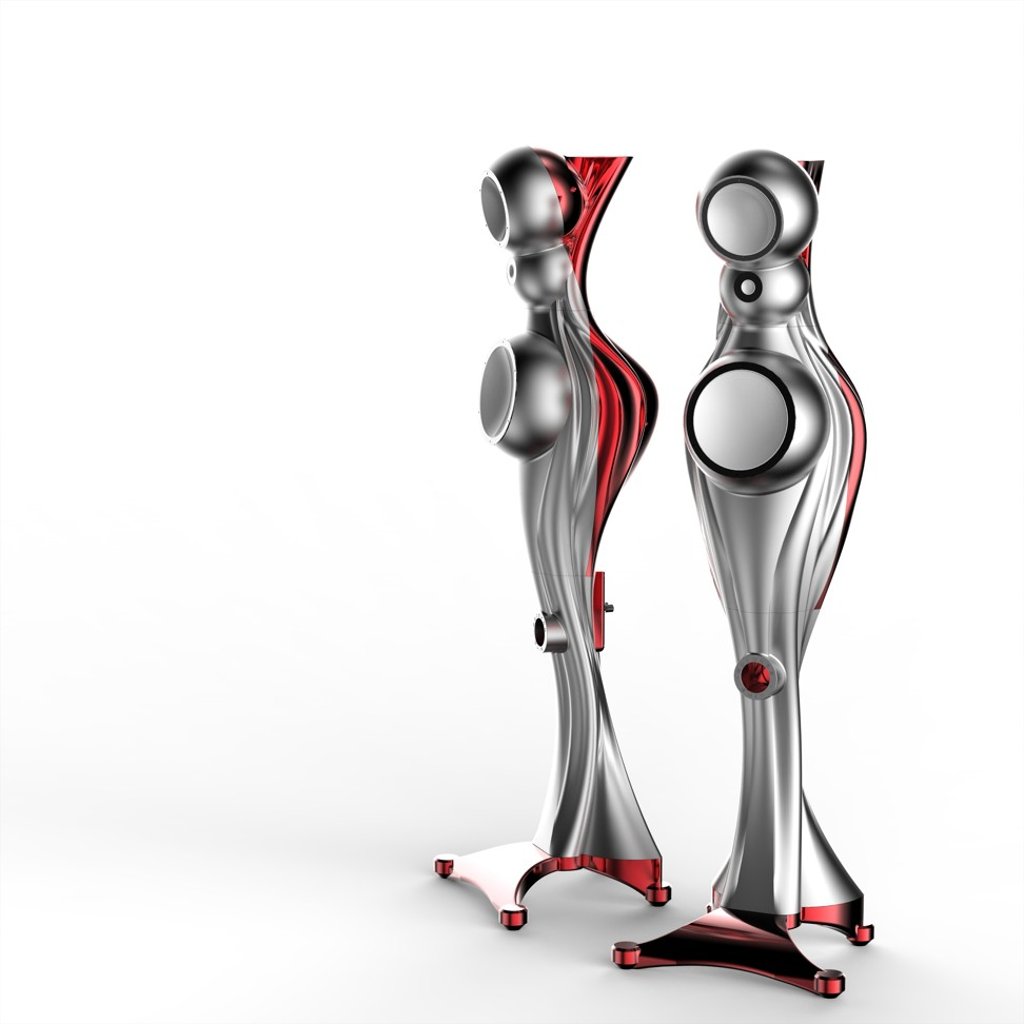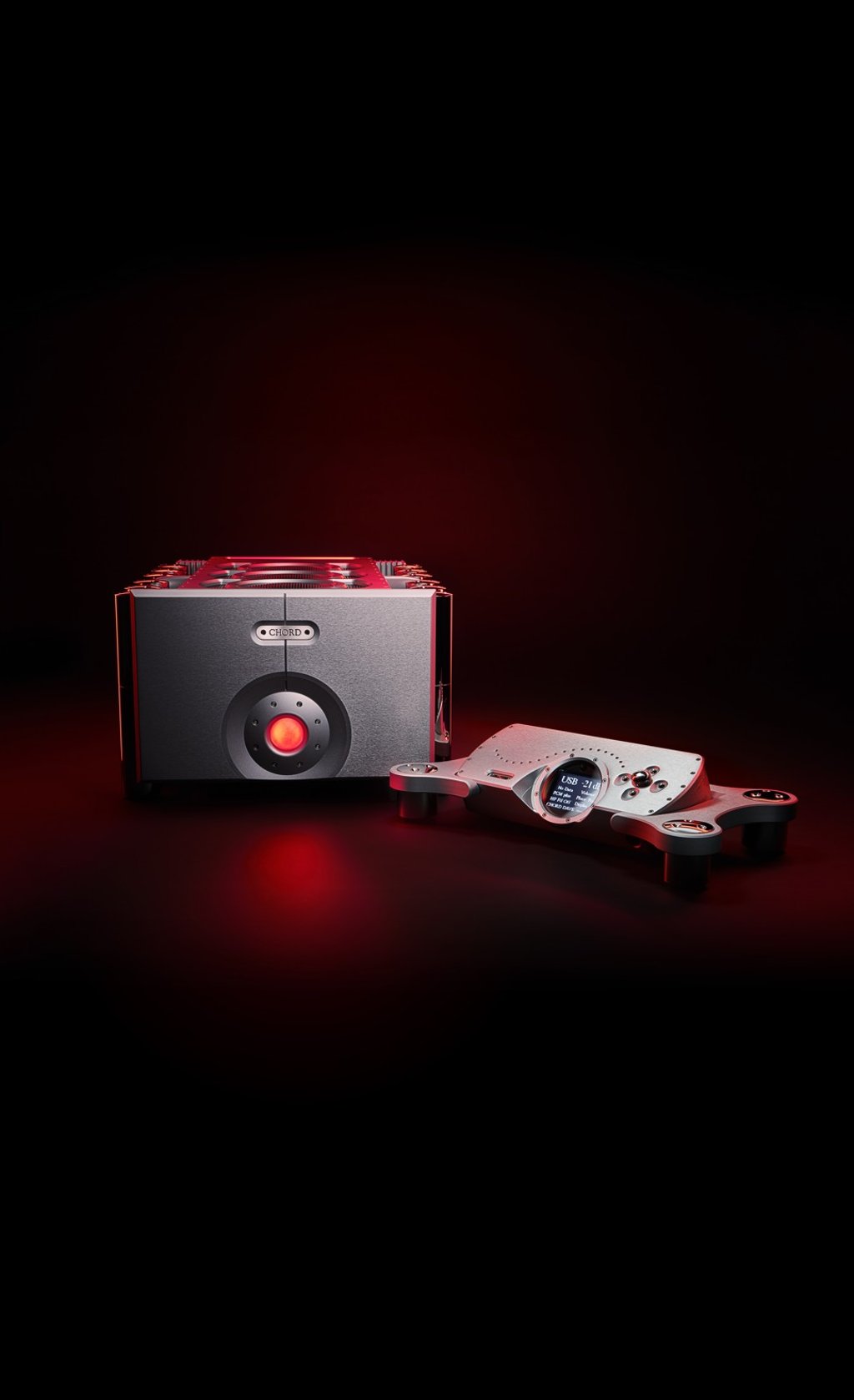Audiophiles, would you pay US$1.2 million for a pair of speakers?

Audio lovers are obsessed with cutting-edge components and equipment that can sometimes cost more than a home
When Apple released its HomePod speaker earlier this year, news that the computer giant was working on high-end headphones may have excited some techie types, but it left audiophiles – those with an obsession for sound equipment – largely underwhelmed.
For the true hi-fi geeks, the very idea of music played via something made by a purveyor of mobile phones did not cut it, as it might for more average folk. But then the audiophile world is a niche whose (mostly male) ranks happily spend thousands – even millions – on the ultimate sound system.
The hi-fi market overall may be on the up, largely thanks to digitisation, but also because, generally, we are starting to reconsider our listening experience in the way we have our televisual one.
Today’s HK$75 billion (US$9.6 billion) hi-fi market is expected to be worth HK$100 billion within the next four years, with the Asia-Pacific region accounting for the largest share.
It is also a world in which buying your complete dream set-up from one brand is not at option – at least for now – because, at this level, no one brand has the necessary expertise across the engineering spectrum that the various components require.
That’s a deeply subjective question, of course. More directly, does the extra expenditure make a real difference? As with anything, you generally get what you pay for – but even enthusiasts note diminishing returns after a certain point. There will be some improvement, but whether it’s really discernible to most listeners is debatable, much like whether one can really taste all the various layers in fine wine or rare whisky.
Matthew Bartlett, manufacturing director of British brand Chord – whose top-end systems cost a less eye-watering HK$306,000 – argues that the right applications of digital technology can deliver a measurably better performance into a more precise analogue experience that we can hear. But he concedes that the real challenge facing the industry is to get customers into the right environment where they can experience
the difference.

